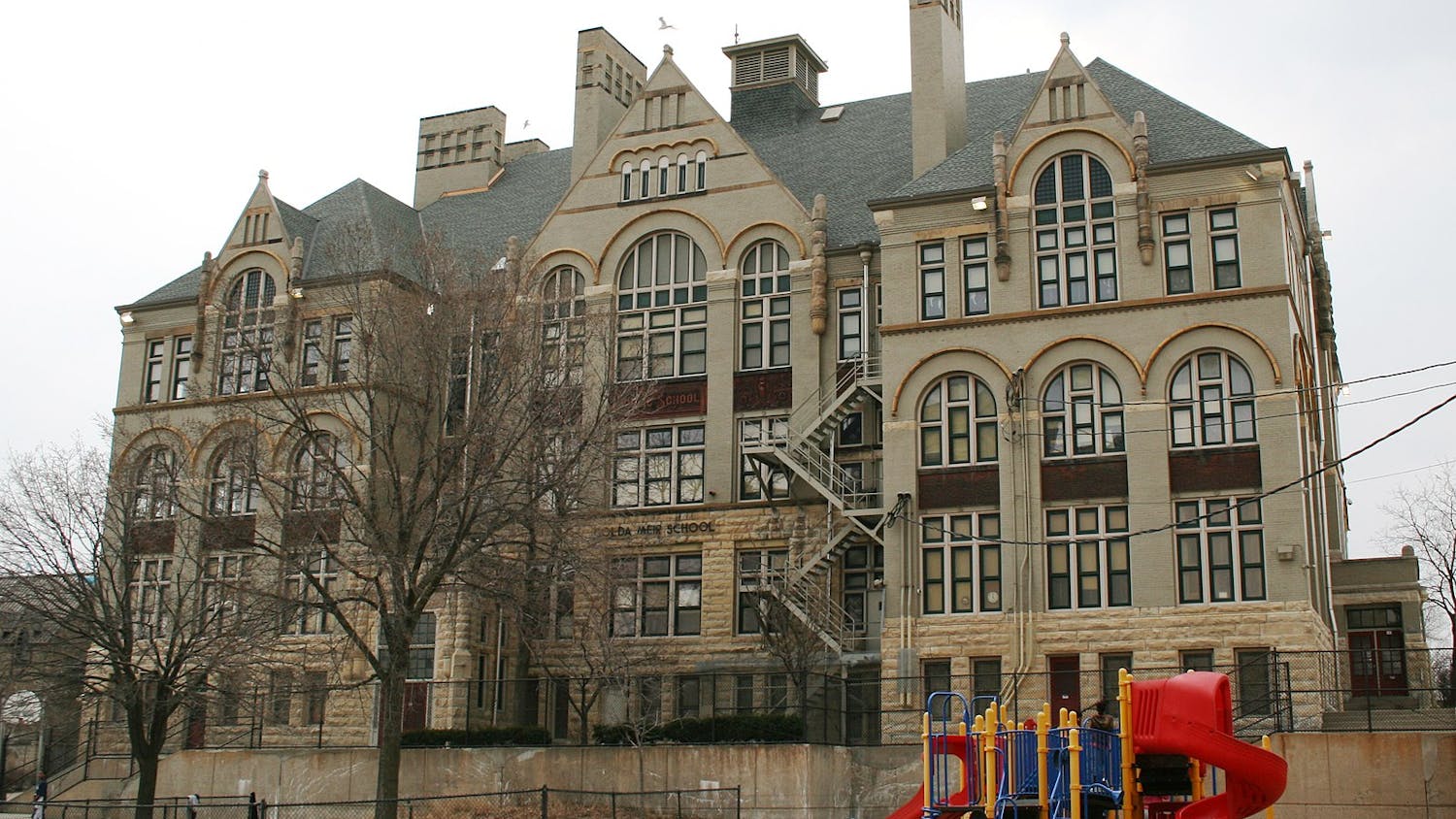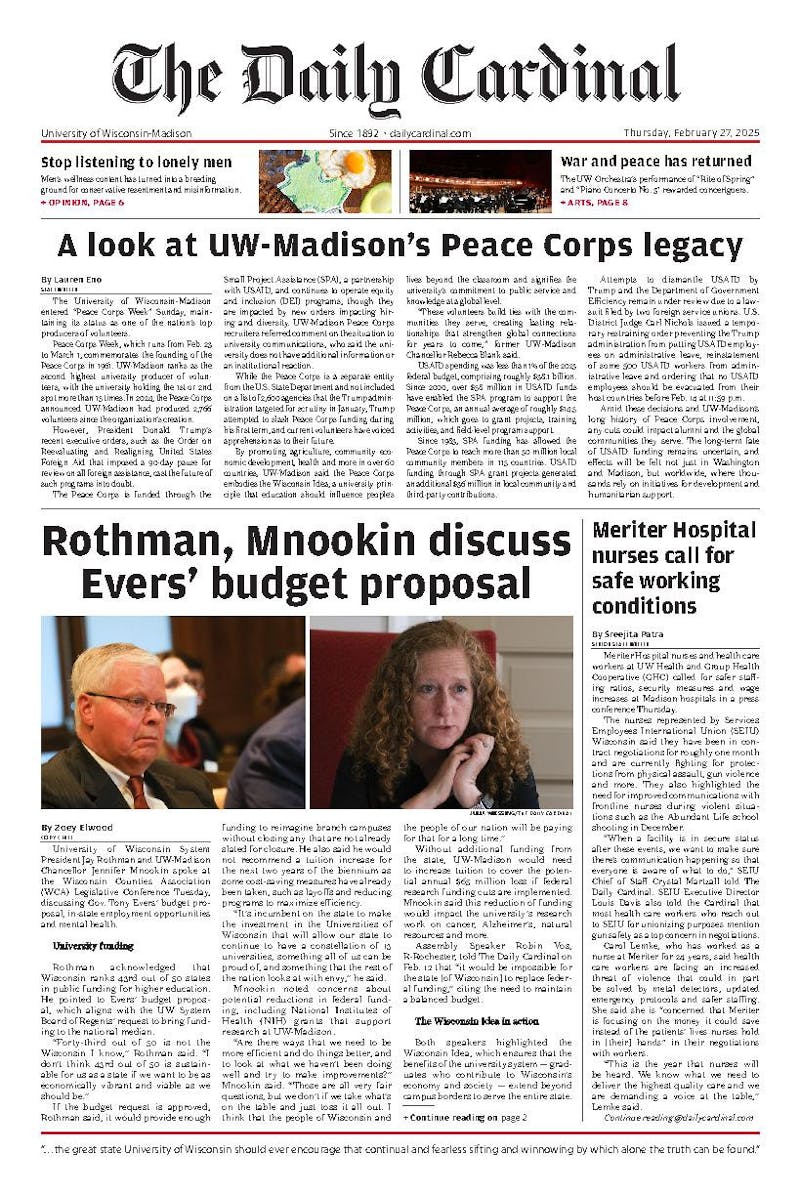Wisconsin’s first conference devoted to Indigenous economic and housing development brought entrepreneurs together Thursday and Friday to address gaps in Wisconsin’s Indigenous communities.
The two-day conference, hosted by the Wisconsin Indigenous Housing and Economic Development Corporation (WIHEDC), took place in Bowler, Wisconsin, and served as a space for Indigenous entrepreneurs, tribal leadership and economic development professionals to collaborate and share ideas on how to better invest in their communities, for example aiding small businesses and housing initiatives.
The event also focused on two studies addressing economic impact and housing needs. Many families in tribal communities live in overcrowded homes, WIHEDC CEO Fern Orie told The Daily Cardinal. The study aims to see what the needs are and develop solutions on how to tackle this crisis, beginning with affordable housing.
Economic impact study
The WIHEDC is conducting a new project to evaluate and display contributions of “Non-Gaming tribal entities and Indigenous small businesses to the state of Wisconsin,” according to their website.
“We did a study, the first of its kind, highlighting all of the Native-owned businesses in Wisconsin and gathering data about what kind of businesses are out there, what kind of work and services they provide and really just gathering it into a native small business directory,” Orie stated.
The WIHEDC collected data from tribal corporations, indigenous businesses and nonprofit organizations. To further engage with communities, they also visited tribal reservations.
The study will allow the corporation to create a database, which in turn can be used to create economic development and policy initiatives supporting tribal communities in Wisconsin.
Orie told the Cardinal she hopes the study will help highlight opportunities in workforce development and encourage investment in Wisconsin’s Indigenous communities.
“This was kind of the first swoop of gathering data and pulling in all the non-gaming enterprises from tribes, along with trying to get as many of our Native entrepreneurs to provide data but really showcasing the work, the impact and the landscape out there in tribal economic development,” Orie said.
Going hand-in-hand with the economic development plan, the conference was able to provide awards to small businesses. During the conference, 32 Native-owned businesses received a $5,000 business grant award.
“It all ties together with opportunity, right? We’re providing opportunities for Native-owned businesses to showcase the work they do,” Orie told the Cardinal.
The Wisconsin Native Homeownership Coalition’s housing study
The WIHEDC will also conduct the Wisconsin Native Homeownership housing study, an analysis aimed at providing insights into the current state of Indigenous housing development in Wisconsin in order to address housing gaps in Native communities.
The coalition is expanding from Wisconsin to the regional Great Lakes states, Orie said.
The WIHEDC recognizes the lack of affordable housing in America, which Orie said is amplified in tribal communities, as families already live in congested housing with many extended families living together.
“How do we tackle and address these housing challenges? … starting with having enough housing stock to house our families and then addressing affordability. We need affordable housing,” Orie said.
The WIHEDC will hold a session at the annual WHEDA conference next week in Madison, where they will present more results from their studies.
Clara Strecker is a copy chief for The Daily Cardinal. She also covers state news.






